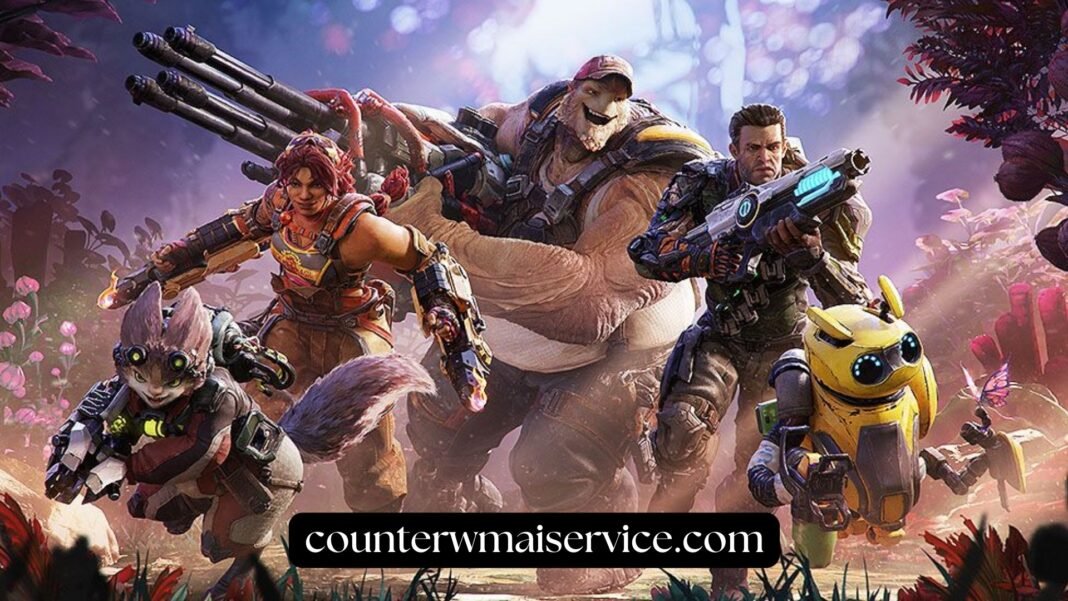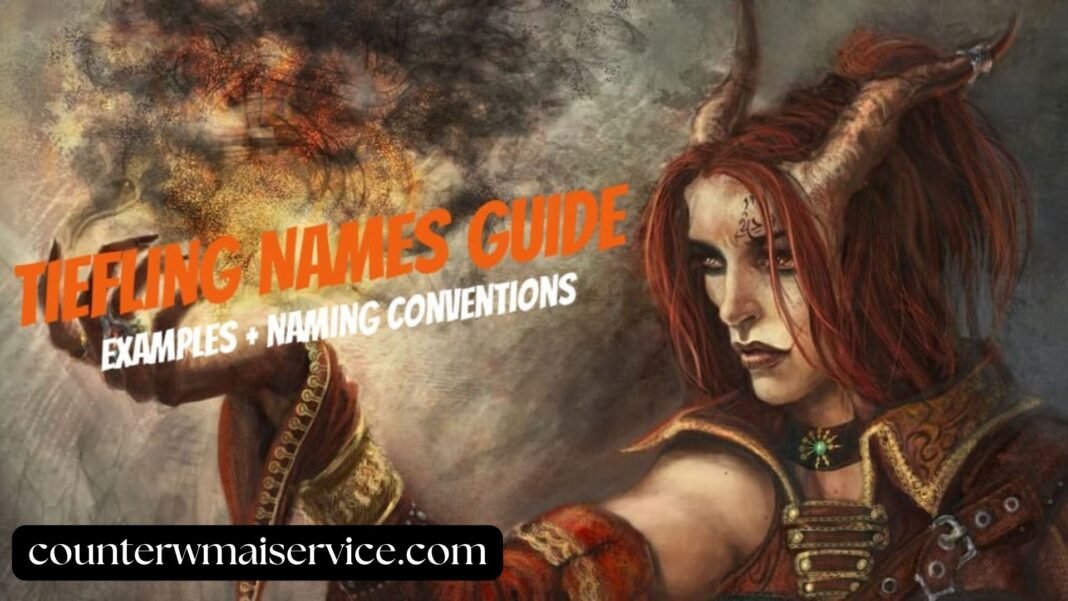Throughout history, secrets and masks have played pivotal roles in shaping human behavior and cultural narratives. From ancient rituals to modern-day social dynamics, the interplay of hidden truths and concealed identities creates a fascinating landscape of mystery and intrigue. This article delves into the multifaceted world of secrets and masks, exploring their significance, cultural impact, and psychological underpinnings.
The Historical Significance of Masks
1. Ancient Rituals and Ceremonies:
Masks have been integral to rituals and ceremonies in various cultures. In ancient Greece, masks were used in theatrical performances to depict different characters and emotions. Similarly, in African tribes, masks played a crucial role in spiritual rituals, symbolizing ancestral spirits or deities.
2. Carnivals and Festivals:
The tradition of wearing masks during festivals like Venice’s Carnival or Mexico’s Day of the Dead allows participants to adopt different personas, breaking free from societal norms and expressing hidden facets of their identity. These events celebrate the liberation that comes with anonymity and the blurring of social hierarchies.
The Power of Secrets
1. Personal and Societal Impact:
Secrets, whether personal or societal, have a profound impact on individuals and communities. On a personal level, keeping secrets can create a sense of power or protection but can also lead to isolation and stress. In societies, secrets can preserve cultural heritage and unity but may also foster distrust and division.
2. Literature and Storytelling:
Secrets are a cornerstone of literature and storytelling. From Shakespeare’s enigmatic characters to contemporary thrillers, the revelation of secrets drives narratives and captivates audiences. The suspense and anticipation associated with uncovering hidden truths make secrets a compelling narrative device.
Psychological Dimensions
1. Identity and Self-Perception:
Masks and secrets both influence how individuals perceive themselves and how they wish to be perceived by others. Masks can offer a way to explore different aspects of one’s identity, providing a sense of freedom and experimentation. Secrets, on the other hand, can shape self-perception by compartmentalizing different parts of one’s life.
2. Defense Mechanisms:
Psychologically, masks and secrets often serve as defense mechanisms. Wearing a metaphorical mask can help individuals cope with social anxiety or protect their true selves in uncomfortable situations. Similarly, keeping secrets can be a way to maintain control and protect oneself from vulnerability.
Cultural Expressions
1. Art and Performance:
Masks have a prominent place in art and performance. From the elaborate masks of traditional Japanese Noh theater to the symbolic use of masks in modern art installations, these artifacts convey deep cultural meanings and artistic expressions. They allow artists to explore themes of identity, anonymity, and transformation.
2. Contemporary Media:
In contemporary media, secrets and masks continue to be popular themes. Television shows, movies, and novels often revolve around the uncovering of hidden truths and the duality of characters leading double lives. This fascination reflects the complex relationship humans have with their inner and outer selves.
The Dual Nature of Deception
1. Positive Aspects:
While deception is often viewed negatively, it can have positive aspects. White lies, for instance, can protect feelings and maintain social harmony. Masks, both literal and metaphorical, can provide a safe space for individuals to express themselves without fear of judgment.
2. Negative Consequences:
However, the darker side of deception cannot be ignored. Secrets and masks can lead to mistrust, betrayal, and emotional harm. The concealment of critical information can have far-reaching consequences in personal relationships and societal structures.
Conclusion
Secrets and masks are powerful symbols of human behavior, reflecting the intricate dance between our inner desires and outer realities. They allow us to navigate complex social landscapes, explore different facets of our identity, and tell captivating stories. Whether in ancient rituals or modern-day dramas, the interplay of deception and identity continues to intrigue and inspire. As we peel back the layers of secrets and masks, we gain a deeper understanding of ourselves and the world around us.


